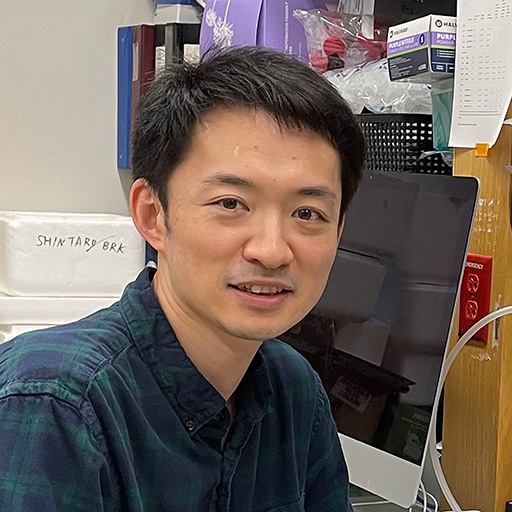A Murine Transgenic Model of Choroidal Neovascularization
About the Research Project
Program
Award Type
Standard
Award Amount
$37,500
Active Dates
April 01, 2000 - March 31, 2001
Grant ID
M2000020
Summary
The formation of new blood vessels secondary to age-related macular degeneration (AMD) is the leading cause of irreversible blindness in the developed world. Blindness results from the bleeding and scarring of the retina caused by the new blood vessels. Currently, treatment is limited to laser treatment of the offending blood vessels. This procedure cannot be performed if the blood vessel is in the center of the retina or if it is not clearly visible using existing technologies. The development of novel efficacious therapies for AMD has been hindered by the lack of reliable animal models of the disease. Current models are dependent on growth factor injections or laser burns. These models are technically difficult and are complicated by the induction of inflammation. Blood vessel growth is regulated by stimulators and inhibitors of blood vessel formation that are present throughout the body. The physiologically relevant endogenous stimulators and inhibitors of blood vessel formation are now becoming known. Of these, the protein vascular endothelial growth factor (VEGF) is closely linked to certain types of ocular neovascularization. We propose to create a transgenic mouse that expresses an excess amount of VEGF in the retinal pigment epithelial cells that lay under the retina. Excess amounts of VEGF will likely result in the induction of blood vessels similar to those found in individuals affected by AMD. These mice will provide a valuable animal model of AMD that can be used to develop novel and efficacious treatments for this disorder, including new drugs to inhibit blood vessels.
Related Grants
Macular Degeneration Research
Exploring How NRF2 Protein Reduces RPE Cell Damage by Cigarette Smoke
Active Dates
July 01, 2024 - June 30, 2026

Principal Investigator
Krishna Singh, PhD
Current Organization
Johns Hopkins University School of Medicine
Macular Degeneration Research
The Development of a Transplant-Independent Therapy for RPE Dysfunction
Active Dates
July 01, 2024 - June 30, 2026

Principal Investigator
Shintaro Shirahama, MD, PhD
Current Organization
Schepens Eye Research Institute of Massachusetts Eye and Ear
Macular Degeneration Research
Regeneration of Cone Photoreceptors in the Human Retina
Active Dates
July 01, 2024 - June 30, 2026

Principal Investigator
Juliette Wohlschlegel, PhD
Current Organization
University of Washington



